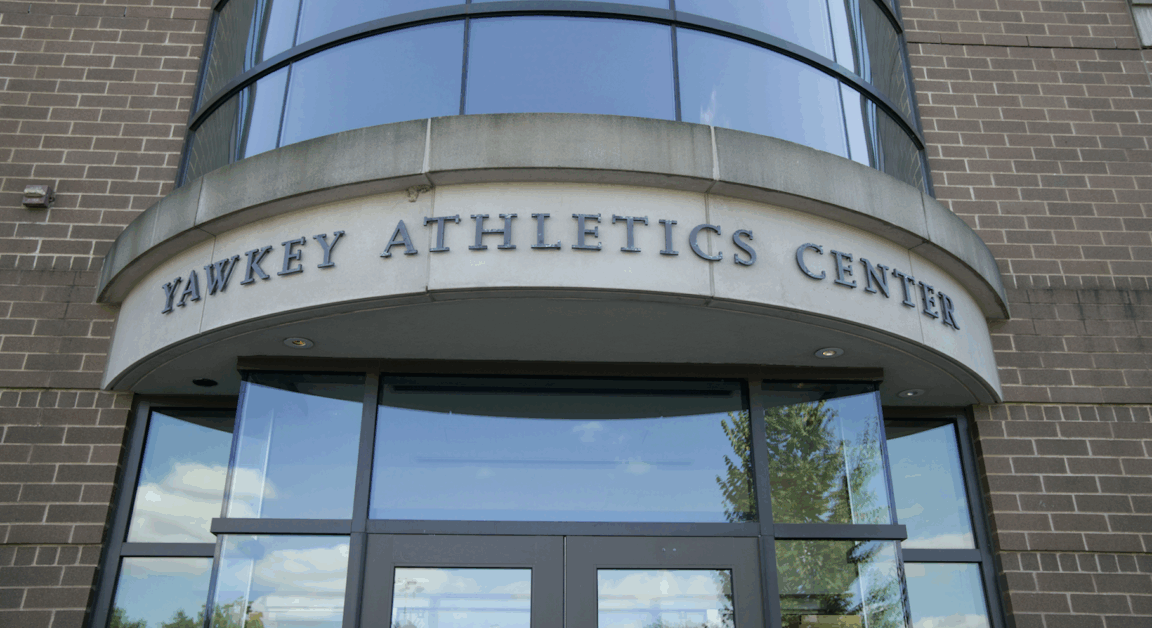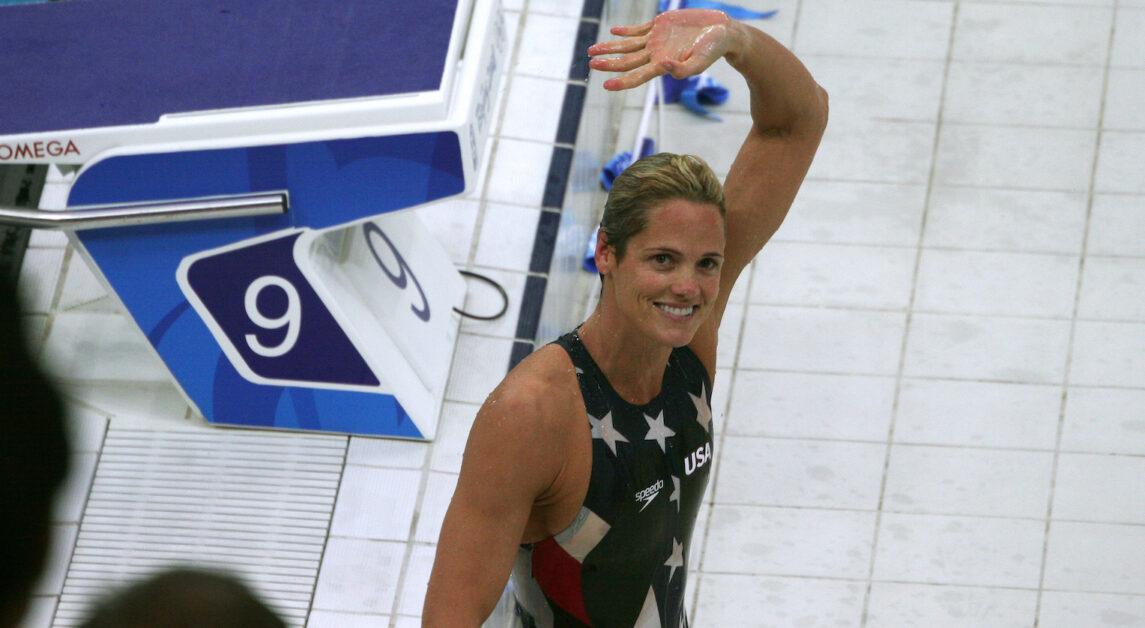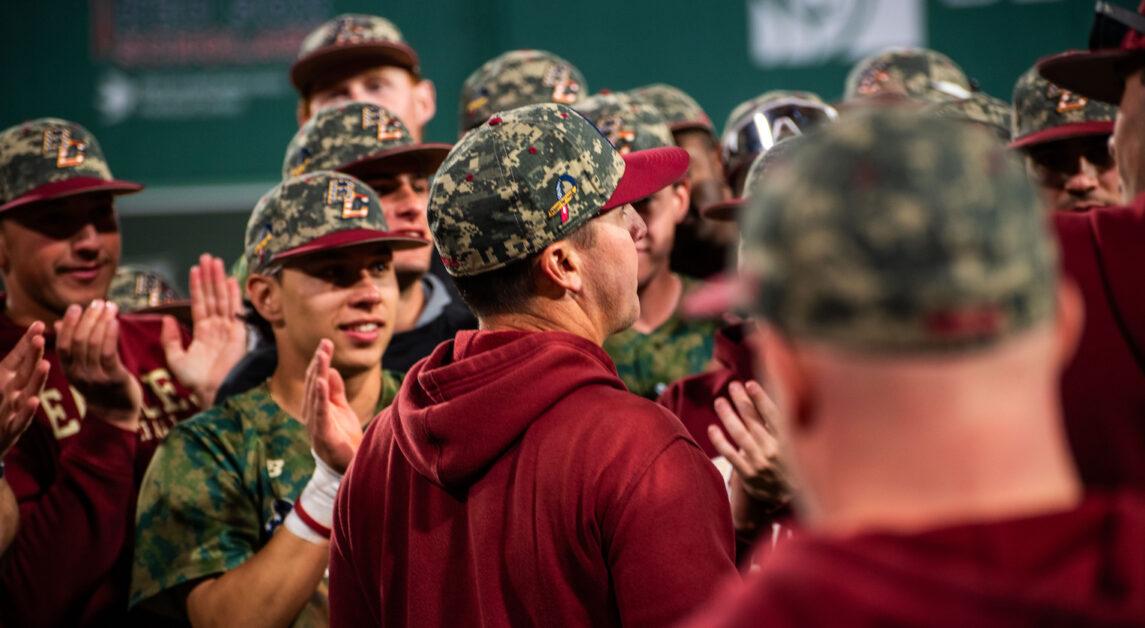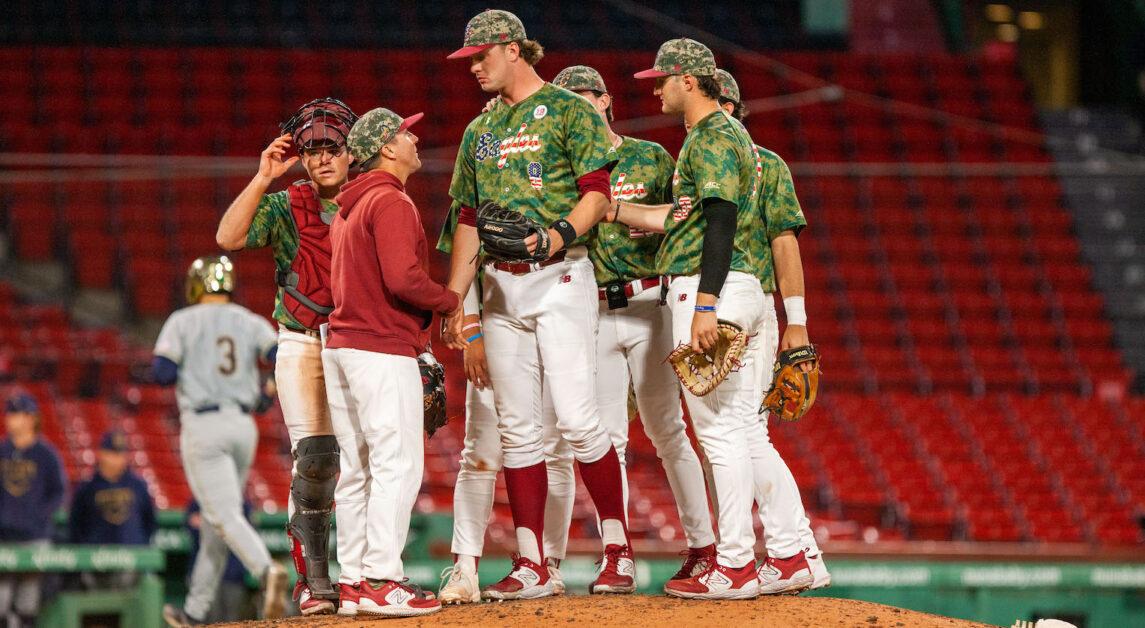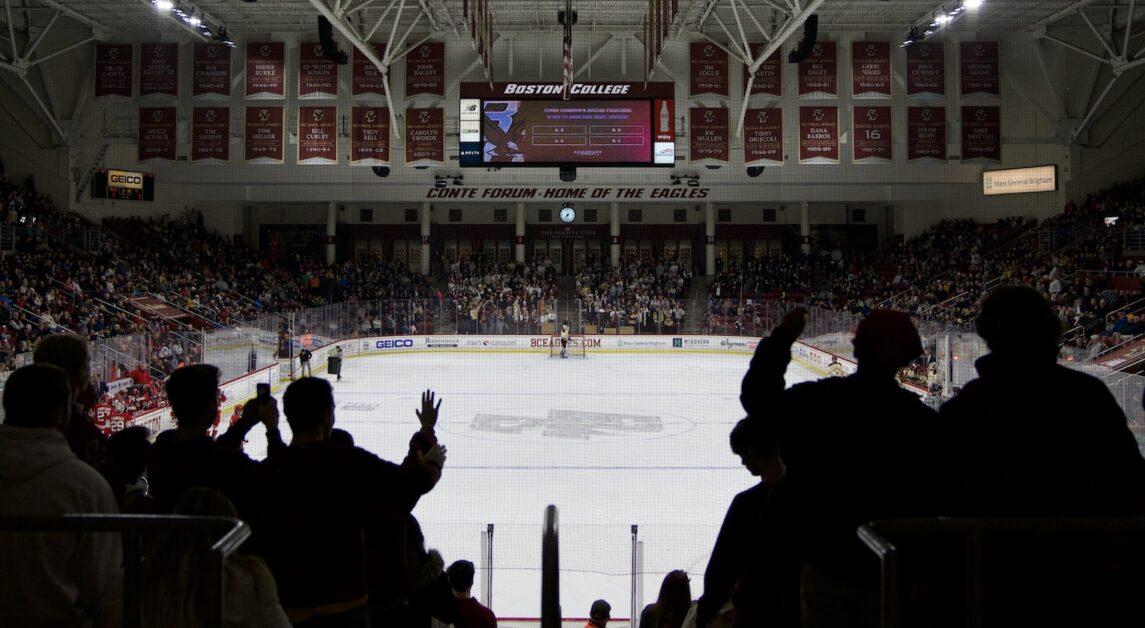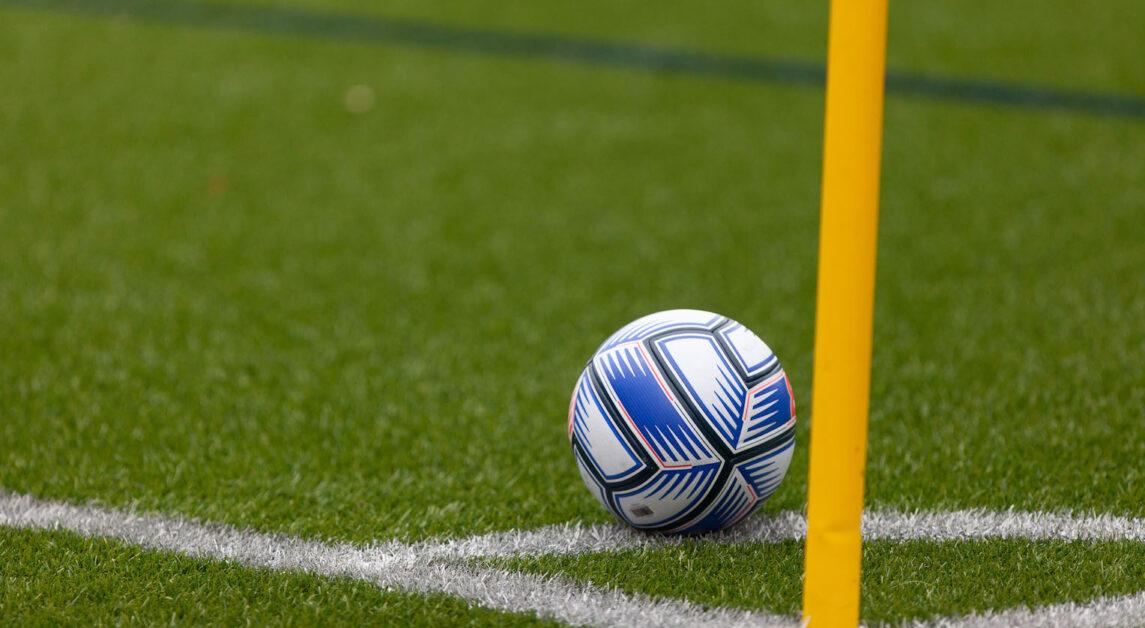The Trustees of Boston College filed a joint amicus brief last Thursday with The University of Notre Dame and Brigham Young University in support of Northwestern University in its National Labor Relations Board (NLRB) case against the College Athletes Players Association (CAPA) regarding the employment status of scholarship football players.
Northwestern is appealing a March ruling by Regional Director Peter Sung Ohr—which stated that scholarship athletes on the school’s football team are employees and therefore have collective bargaining rights—to the NLRB’s Washington board. BC, BYU, and Notre Dame collectively cite their status as “highly regarded, nationally recognized teaching and research universities” and their sponsorship of “successful extracurricular programs for their students”—including amaeteur athletics—as reasons for their “significant interest and expertise in the questions at issue in this case.”
The group joined in Northwestern’s request that the Washington board grant oral arguments. Another group of private schools with Division I football programs—Baylor, Rice, SMU, Stanford, Tulane, USC, Vanderbilt, and Wake Forest—filed a similar brief on the same day. While that group of schools addressed a wide range of arguments such as athletics being an integral part of the educational experience, the impact of wage payment laws, Title IX compliance, First Amendment rights, and a claim that collective bargaining can’t aid reform, the BC-BYU-ND group stuck to a focused argument that Ohr misapplied the common law employee test and that, even if the athletes are employees, the National Labor Relations Act (NLRA) does not grant them Section 7 bargaining rights.
In the original ruling, Ohr stated that scholarship football players who “perform football-related services for the Employer under a contract for hire in return for compensation are subject to the Employer’s control and are therefore employees within the meaning of the [NLRA].” The BC-BYU-ND group disputed that “contract for hire” claim by focusing on the intent of both the university and the athletes. It cited unpaid staff at a non-profit radio station in the 1999 NLRB case WBAI Pacifica Foundation, in which the national board reversed a regional director’s decision that the staff members were employees by stating that:
The testimony of the unpaid staff members shows that they do not work for “hire” in the ordinary sense of the word. They work out of an interest in seeing the station continue to exist and thrive, out of concern for the content of the programs they produce, and for the personal enrichment of doing a service to the community and receiving recognition from the community.
The group wrote that:
The record clearly demonstrates that the grants-in-aid are provided exclusively to satisfy the cost of their education at Northwestern, and are not in return for labor. Significantly, there is no competent evidence here to suggest that grant-in-aid student-athletes, like their walk- on, non-scholarship teammates, were not also motivated to participate on the football team by their love of the game and the camaraderie among players.
The group continued in its response, stating that the agreement granting scholarships lacked any language that constituted a “for hire” employment contract, and that, while multiple academics standards must be met in order to keep the scholarships, the Northwestern tender can not—and under head coach Pat Fitzgerald never has been—reduced or cancelled due to athletic ability or injury. This first part of the response concluded with the group stating that:
The Regional Director erred in his application of the common law “employee” test by failing to consider this essential element of the intent of the parties. The Regional Director also erred in not finding the University and the student-athletes entered into a fundamentally different relationship, that is an educational relationship between an institution of higher education and matriculating student-athletes, who choose to participate in amateur intercollegiate athletics as part of their educational experience and as a way of satisfying the cost of obtaining their degree through an athletic grant-in-aid.
The group also cited a 1977 Internal Revenue Service (IRS) ruling that athletic scholarships at or below the full cost of attendance do not count as taxable income since their quantity and quality are not based on performance and, therefore, the aid must primarily go toward their studies.
Next, the group said that even if the athletes were deemed employees, it is wrong to assume they have bargaining rights, stating, “the student-athletes in the petitioned-for bargaining unit are indisputably bona fide students, whose grants-in-aid are used exclusively to offset the cost of their education” and that “the Northwestern student-athletes remain ‘primarily students,’ whose participation on the football team is an element of their educational experience and academic life.”
The group reasons that since the monetary value of the scholarships play little to no role in the decisions of athletes to attend Northwestern, but rather all that matters is the coverage of expenses, and that they are primarily students, the NLRA does not grant them bargaining rights since “their interests in the [football] program are incidental to their primary interest of acquiring an education.”
Joseph M. Herlihy is listed in the document as the representative of the Trustees of Boston College and serves as the University’s General Counsel. BC Director of Athletics Brad Bates did not immediately respond to requests for comment.
The full brief can be read below, or by clicking here:

